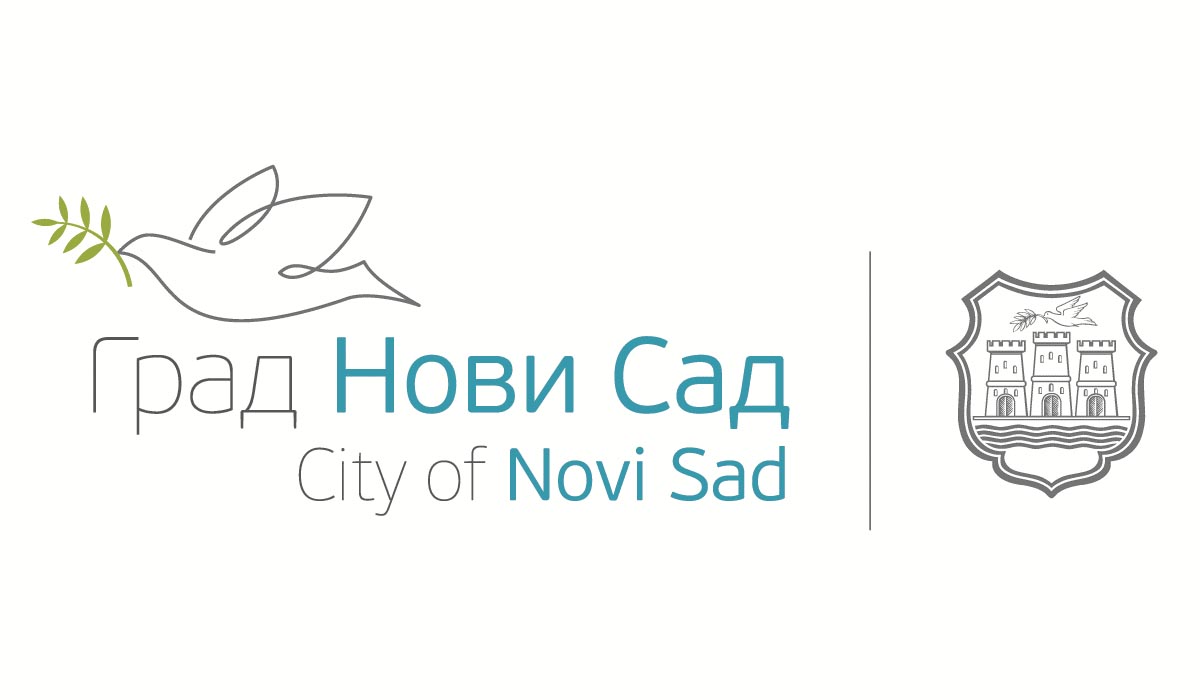SLAVERY AS A VICE IN THE ORATORY OF DIO OF PRUSA
DOI:
https://doi.org/10.19090/i.2013.24.41-19Keywords:
Dio of Prusa, slaves, slavery, condemnation of slavery, second sophistics era, Roman EmpireAbstract
Slavery is, and certainly will remain to be, a grand topic for historians of both ancient and modern world. One of the more important Greek writers of imperial era, Dio of Prusa (Chrysostomos) treats this topic comparatively often: three of his discourses specifically examine what the slavery really is, while in some of the others (the famous 7th among them) the topic features prominently. This paper examines only one of many aspects of Dio's treatment of slavery and attempts to clarify the following issue: does Dio actually condemn the institution of slavery and slave ownership and if so, are there any further, real life consequences of this view? A careful examination of the Dio's text leads to disappointing answers: no and no. It cannot be denied that Dio has a fair amount of understanding and sympathy for marginal groups of the Graeco–Roman world; if anything, the long stretch of time he spent in exile and poverty forced him to bind with such people. This understanding includes slaves as well: on several places in his speeches, Dio acknowledges that slaves are human beings and should be treated as such. His attitude on slavery, however, never goes any further then that. There are bad masters and useless slaves, but the institution of slavery as such is not good or bad, it simply exists and it is common. In the hands of a corrupted individual slavery can lead to vice, but it is not a vice by itself. While sometimes sympathizing with slaves, Dio remains to be a member of the educated and wealthy elite to whom distinctions between Greeks and barbarians, citizens and non–citizens, and free and slaves are of the highest importance. The comparatively mild attitude towards poor and slaves was not altogether unknown or strange in his day. It should be noted, however, that such attitude never translated itself into the denial of slavery or the social and political activism of any kind.Downloads
Download data is not yet available.
Downloads
Published
20. 05. 2016.
How to Cite
Вујчић, Н. (2016). SLAVERY AS A VICE IN THE ORATORY OF DIO OF PRUSA. ISTRAŽIVANJA, Јournal of Historical Researches, (24), 41–19. https://doi.org/10.19090/i.2013.24.41-19
Issue
Section
Articles













